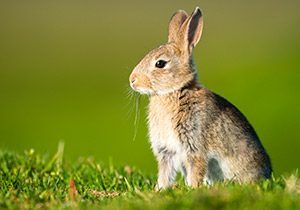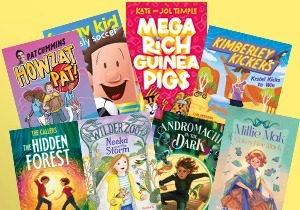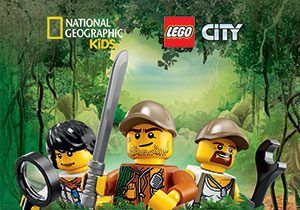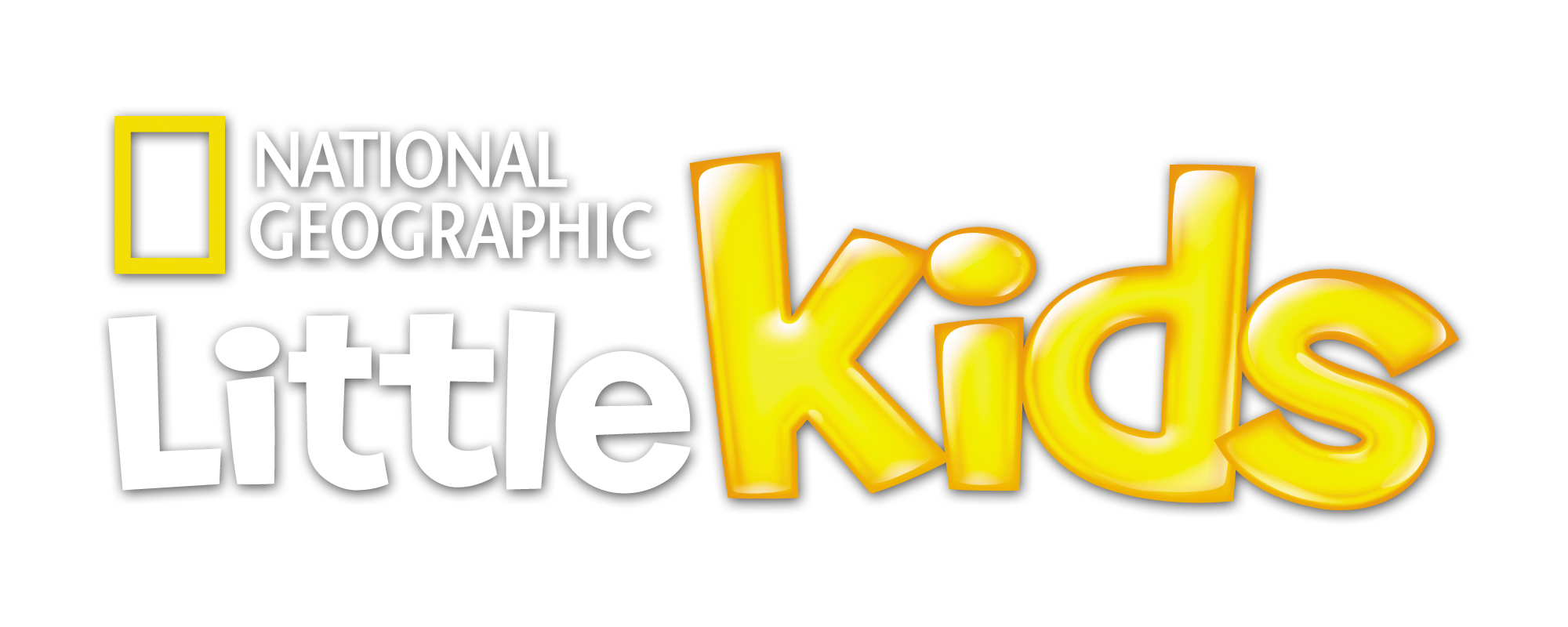
Types of text: English primary resource
Discover how the tone and style of writing changes in different contexts
This primary resource introduces children to a comic book style presentation of non-fiction text. Discover how the tone and style of writing changes in this context. What happens in the story? Is it easy or hard to read? What makes it different from other forms of text?
Pupils will learn about the story of ‘Moko the whale rescuer’, and consider the different ways the story can be presented with our National Geographic Kids’ English primary resource sheet.
The teaching resource can be used in study group tasks for exploring presentation of the text, as a printed handout for each pupil to work with individually, or for display on the interactive whiteboard to be read and discussed as a whole class activity.
Activity: As a whole class, ask pupils to read and interpret the text. What do they understand of the story? Did they find it hard or easy to read? Ask pupils to discuss the text and whether they think it conveyed the story well. Challenge them to tell the same story in just one sentence and share their sentences with the class. Can they find another form to tell the story in? i.e. a poem, fairy tale, a newspaper article, a nursery rhyme, etc.
N.B. The following information for mapping the resource documents to the school curriculum is specifically tailored to the English National Curriculum and Scottish Curriculum for Excellence. We are currently working to bring specifically tailored curriculum resource links for our other territories; including South Africa, Australia and New Zealand. If you have any queries about our upcoming curriculum resource links, please email: schools@ngkids.co.uk
This English primary resource assists with teaching the following English objectives from the National Curriculum:
Comprehension skills develop through pupils’ experience of high-quality discussion with the teacher, as well as from reading and discussing a range of stories, poems and non-fiction. All pupils must be encouraged to read widely across both fiction and non-fiction to develop their knowledge of themselves and the world in which they live, to establish an appreciation and love of reading, and to gain knowledge across the curriculum.
National Curriculum Key Stage 1 English (Year 1) objectives:
Pupils should be taught to:
- develop pleasure in reading, motivation to read, vocabulary and understanding by: listening to and discussing a wide range of poems, stories and non-fiction at a level beyond that at which they can read independently
- participate in discussion about what is read to them, taking turns and listening to what others say
- explain clearly their understanding of what is read to them.
National Curriculum Key Stage 1 English (Year 2) objectives:
Pupils should be taught to: develop pleasure in reading, motivation to read, vocabulary and understanding by:
- listening to, discussing and expressing views about a wide range of contemporary and classic poetry, stories and non-fiction at a level beyond that at which they can read independently
- discussing the sequence of events in books and how items of information are related
- being introduced to non-fiction books that are structured in different ways
Pupils should be taught to:
- participate in discussion about books, poems and other works that are read to them and those that they can read for themselves, taking turns and listening to what others say
- explain and discuss their understanding of books, poems and other material, both those that they listen to and those that they read for themselves.
National Curriculum Lower Key Stage 2 English (Year 3 & 4) objective:
Pupils should be taught to: develop positive attitudes to reading and understanding of what they read by:
- listening to and discussing a wide range of fiction, poetry, plays, non-fiction and reference books or textbooks
- reading books that are structured in different ways and reading for a range of purposes
- increasing their familiarity with a wide range of books, including fairy stories, myths and legends, and retelling some of these orally
Pupils should be taught to: understand what they read, in books they can read independently, by:
- checking that the text makes sense to them, discussing their understanding and explaining the meaning of words in context
- asking questions to improve their understanding of a text
- drawing inferences such as inferring characters’ feelings, thoughts and motives from their actions, and justifying inferences with evidence
- predicting what might happen from details stated and implied
- identifying main ideas drawn from more than one paragraph and summarising these
- identifying how language, structure, and presentation contribute to meaning
Pupils should be taught to:
- participate in discussion about both books that are read to them and those they can read for themselves, taking turns and listening to what others say.
National Curriculum Upper Key Stage 2 English (Year 5 & 6) objective:
Pupils should be taught to: maintain positive attitudes to reading and understanding of what they read by:
- continuing to read and discuss an increasingly wide range of fiction, poetry, plays, non-fiction and reference books or textbooks
- reading books that are structured in different ways and reading for a range of purposes
- increasing their familiarity with a wide range of books, including myths, legends and traditional stories, modern fiction, fiction from our literary heritage, and books from other cultures and traditions
- identifying and discussing themes and conventions in and across a wide range of writing
- making comparisons within and across books
- preparing poems and plays to read aloud and to perform, showing understanding through intonation, tone and volume so that the meaning is clear to an audience
Pupils should be taught to: understand what they read by:
- asking questions to improve their understanding
- drawing inferences such as inferring characters’ feelings, thoughts and motives from their actions, and justifying inferences with evidence
- predicting what might happen from details stated and implied
- summarising the main ideas drawn from more than one paragraph, identifying key details that support the main ideas
- identifying how language, structure and presentation contribute to meaning
Pupils should be taught to:
- retrieve, record and present information from non-fiction
- explain and discuss their understanding of what they have read, including through formal presentations and debates, maintaining a focus on the topic and using notes where necessary
This English primary resource assists with teaching the following Literacy and English First level objectives from the Scottish Curriculum for Excellence:
- Using what I know about the features of different types of texts, I can find, select, sort and use information for a specific purpose
Scottish Curriculum for Excellence Second level Literacy and English objectives:
- Using what I know about the features of different types of texts, I can find, select and sort information from a variety of sources and use this for different purposes.
- I can make notes, organise them under suitable headings and use them to understand information, develop my thinking, explore problems and create new texts, using my own words as appropriate.
Scottish Curriculum for Excellence Third & Fourth level Literacy and English objectives:
- Using what I know about the features of different types of texts, I can find, select, sort, summarise, link and use information from different sources.
- I can make notes and organise them to develop my thinking, help retain and recall information, explore issues and create new texts, using my own words as appropriate.
Download primary resource
Note: This is a subscriber-only benefit. If you have an active subscription, please log into your online account to download the files.
More Like

10 hopping fun rabbit facts!

A whole new chapter of fun with HarperCollins Children’s Books Australia

LEGO® City Jungle!











LEAVE A COMMENT
THANK YOU
Your comment will be checked and approved shortly.
WELL DONE,
YOUR COMMENT
HAS BEEN ADDED!
COMMENTS1
CUSTOMIZE YOUR AVATAR